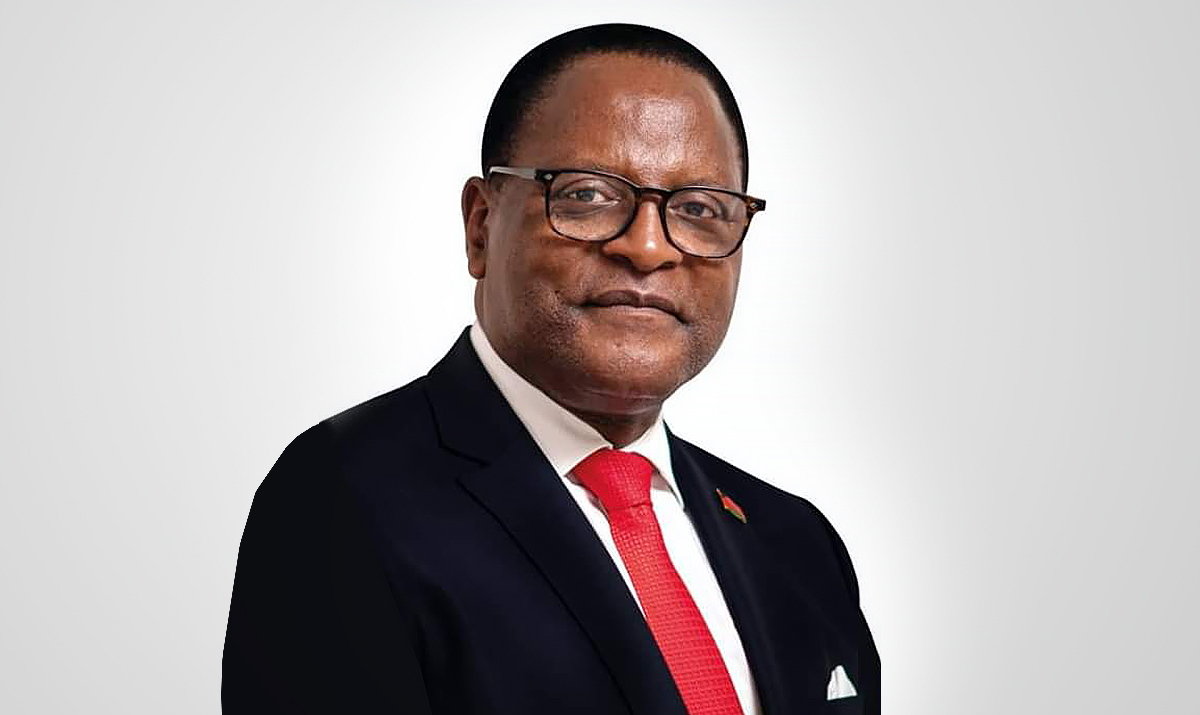
19 Sep Interview with Lazarus McCarthy Chakwera, President of Malawi
How would you assess Malawi’s development in terms of implementing the United Nations’ 17 Sustainable Development Goals (SDGs)?
Malawi has done well on meeting some of them and not so well on others. For example, we have done well on SDG 2 regarding zero hunger, SDG 3 regarding health and well-being, SDG 4 regarding quality education, SDG 6 regarding clean water and sanitation and SDG 14 regarding life below water or marine conservation. However, the impact of climate change has threatened our progress; we take two steps forward and are pushed five steps backward. We are now focusing on building resilience against shocks and safeguarding our gains. To galvanize international support for this effort, we convened a Malawi partners conference on the sidelines of the 70th UN General Assembly in New York. We need all stakeholders and allies to be on the same page so we can work together to develop the country. Our goal is to reconstruct the nation in a way that is sustainable and resilient, come what may. We want our economic reconstruction efforts to mirror the resilience Malawian people have already demonstrated; we want to be ready for anything.
What impact will Malawi’s mega-farm projects have on the nation’s economy and development?
The mega-farms initiative is a game changer for Malawi. The program aims to increase production of commercial crops and enhance the entire agriculture value chain through mechanization. It will allow us to add value to our products — such as rice beans, nuts, soya, and other fruit — before exporting them. Mass production will help to not only meet local demand and minimize hunger, but also increase the value of our exports, attract investment and help to industrialize the country. Food sufficiency is crucial. Additionally, large-scale production will create employment opportunities in other areas of the value chain, including mechanization.
The key success indicators of the project will be the steady graduation via farming households from reliance on government subsidies. Currently, the subsistence of farmers has largely been subsidized. Our goal is for our citizens to become self-reliant. The project fits under our Vision 2063 program that aims to transform Malawi into a self-reliant and industrialized upper-middle-income country. We are currently working under a three-year plan within a 10-year plan that aims to substantially develop the economy following the COVID-19 pandemic. The increase of foreign direct investment in agri-processing and foreign revenue gained from cash crops outside of tobacco will provide us with multiple sources of income and forex generation and support diversification of our economy. Having a sufficient agriculture sector to replenish our food reserves will help us concentrate on further developing the country.
What factors have led to Malawi being ranked 10th in terms ease of doing business out of 51 African countries?
Six months after I came into office, I gave the order to focus on developing small to medium-sized enterprises to foster innovation. This is something that excited our younger generation. We want to give them the opportunity to change the business environment and create more opportunities for themselves and others. The government also cut down on red tape to digitize processes and make sure everything is computerized. People should be able to register companies without any hassle. After registration, they should be able to be monitored and monitor themselves through digital platforms. We are part of the Southern Africa Development Community. We have created a one-stop-shop border post to fast track and facilitate easy movement of goods and services across borders. One now does not need to stop on the other side of the border when importing and exporting products. This is an exciting development that aims to further integrate ourselves into southern Africa and take advantage of the African Continental Free Trade Area. We are not satisfied with being ranked 10th in terms of ease of doing business; we want to improve our position even more.
Additionally, I established a presidential delivery unit to keep track of government processes and identify impediments. If something can be improved, it should be. We recognize the fact that the government cannot do business by itself. I also created a private sector council that we interact with to hear their concerns and how best we can address them. We need to work collectively to fulfill our common vision instead of independently. We are also dealing with other issues surrounding fraudulent transactions and corruption. We have made this a top priority and believe it is important to do business openly and transparently. In the past, this has caused issues in terms of trade.
We want investors to come to Malawi. The business climate is attractive. The country is peaceful, and our people are friendly and open to doing business. We have a wealth of natural resources that need to be properly exploited. It is important to us that we see green development; we want to build sustainable infrastructure in all areas, including energy projects. Our agriculture, tourism and mining sectors are areas that have a lot of growth potential. We want to lay the foundation for generations to come and are doing so.


